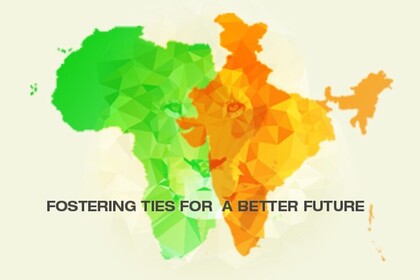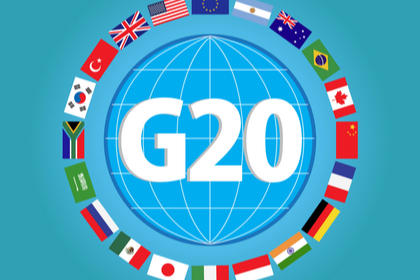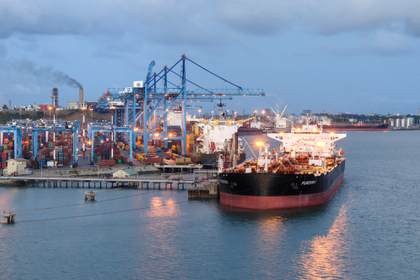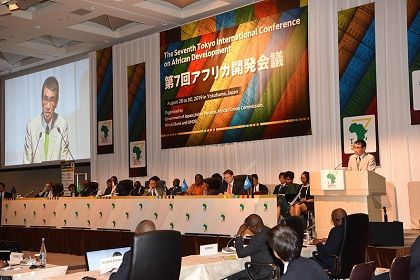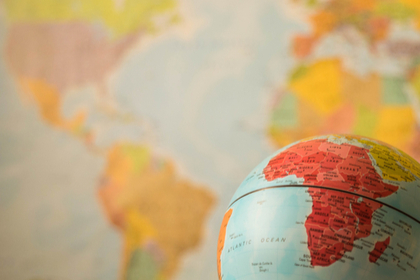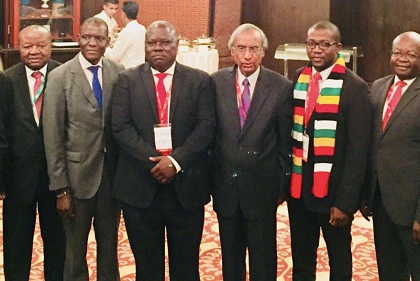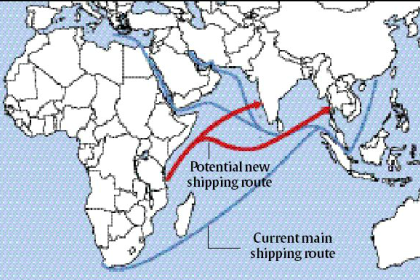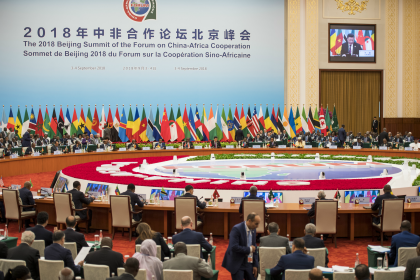India-Africa through a new lens
The new Omicron variant of COVID-19 has caused concern across the globe, especially in Africa. India has shown solidarity with the continent, extending supplies of Made in India vaccines, drugs and medical equipment. Despite some setbacks, there is vast potential for Indo-African collaboration based on strategic advantages and mutual goals.


